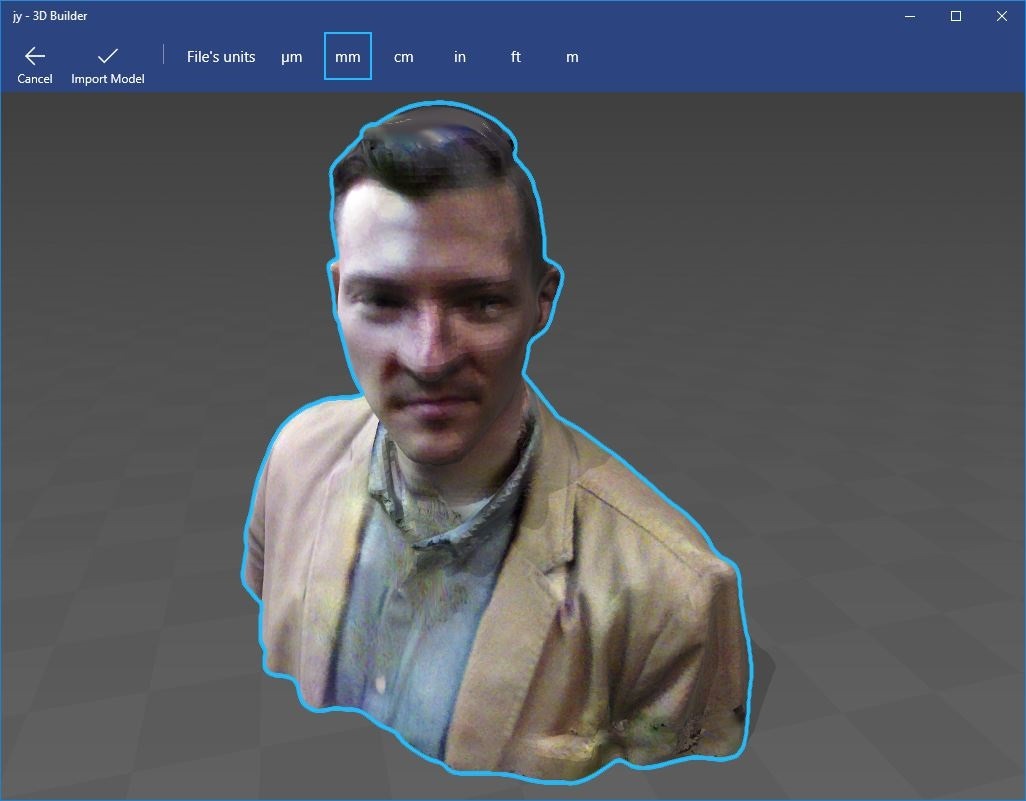
Jonathan Younker
Welcome to The Library IT Crowd, a column brought to you by the Ontario Library and Information Technology Association (OLITA). We showcase some of the great librarians and library professionals currently working with technology, get to know them, and share their experiences. We hope we can inspire you, and shed some light onto what goes on behind the scenes with library tech workers!
Your name: Jonathan Younker
Your title: Head, Library Systems & Technologies
Where do you work: Brock University

Tell me a little bit about your role. What do you do at your library?
I am the department head for Library Systems & Technologies. The department has six full-time staff, including two library systems administrators, an ILS coordinator, a digital services librarian, a library IT support technician and a student worker. I like to say that staff in the department handle all technology in the Library ‘from the walls in’, meaning we handle all library-related hardware/software issues—with the exception of the university’s wired and wireless networks.
Is what you are currently doing different from what you initially envisioned when you applied for this job? If so, how?
I came to Brock in 2002 as the Electronic Services Librarian, and moved into the department head role in 2006. When I started in my current position, we were maintaining a standard IT setup—we maintained our own network, ran our own email server, in many cases wrote our own custom applications, etc. In the past few years, however, we have been actively divesting ourselves of non-library IT infrastructure in order to focus on technology engagement with students, faculty, and staff. While we still maintain our own datacentre and servers, we are focusing more on supporting faculty and students in the creation/analysis phases of their research now. In addition, 2016 saw the opening of the library makerspace, which is now staffed and maintained by Library Systems & Technologies members; we do workshops and training on 3D printing/scanning, audio/video editing, Arduinos/Raspberry Pis, programming, etc. The makerspace has been a fantastic way of introducing our users to technologies and concepts to which they wouldn’t normally have access, and has forced all of us in the department to learn (and teach) new and exciting tech.
Tell me a bit about your background. What made you interested in libraries? In technology?
I’ve always been interested in technology, but I have a background in the humanities. I came to the profession at a time when the Internet was new and shiny, and librarians were going to “organize the web.” Working in a small public library in my first library job, however, I was the only on-site staff member adept at troubleshooting hardware/software, updating the website and writing code (PHP at the time)—which kept me busy and always trying to learn as much (and as quickly) as I could to keep one step ahead of the patrons and tech issues—something that continues to this day, I suppose.
What projects over the past year are you most proud of?
I was in an interim role as University Librarian, and proposed to the Provost that an underutilized library room be converted into a makerspace – which he enthusiastically approved. We soft-launched last summer, and we’ve since expanded our hours, technologies, and workshop offerings twice already. It’s an extremely popular space for students, faculty, and staff at Brock, and we’re set to expand in May 2018 into an adjacent 2,000 square foot facility starting construction imminently (a federal Strategic Investment Fund project), increasing our space tenfold.
What upcoming projects do you have on the horizon?
We had an idea a number of years ago to cluster our public PCs, during periods of low activity/overnight to process research data for faculty and researchers. While we did set it up successfully, and managed to serially process neuropsychology EEG data, getting additional faculty and researchers to use it has been challenging. This summer, we’re going to pivot and use the same cluster to act as a video render farm for use by students working on video and 3D projects in the makerspace.
Sarah Macintyre has been working in libraries for over five years, and has been at St. Thomas Public Library for half that time. In her current position, Manager, Access Services, she oversees many new digital initiatives, including the launch of Creators’ Corner services. She can be reached at smacintyre [at] stthomaspubliclibrary.ca
